The nutrient makeup of animal foods (high in fat and cholesterol, low in fiber and antioxidants) is the main reason why consuming these foods will increase your chances of getting chronic diseases like heart disease and type 2 diabetes. This nutrient profile exists whether animal foods are organic or grass-fed. Replacing animal foods with whole plant-based foods is a significant change that will greatly improve your chances of achieving good health, whereas the change between organic and conventional animal foods is relatively small and therefore unlikely to make a difference.
Furthermore, livestock and their byproducts account for at least 32,000 million tons of carbon dioxide (CO2) per year, or 51% of all worldwide greenhouse gas emissions. It is an unsustainable practice at 360 degrees. Animal agriculture is responsible for 18 percent of greenhouse gas emissions, more than the combined exhaust from all transportation. Cattle (raised for both beef and milk, as well as for inedible outputs like manure and draft power) are responsible for the most emissions, representing about 65% of the livestock sector’s emissions.1
The exploitation of sentient animals from the meat, dairy, and pharmaceutical industries is vast, unnecessary and cruel. Buying these products helps sustain their industries as well as the misleading information they have led us to believe for many years such as “milk does a body good”, and “protein is found in animal foods”.
<< What Foods Should Be Avoided?
>> Does Plant-based Mean Vegetarian? Vegan? Raw?
References:
- http://www.fao.org/news/story/en/item/197623/icode/











